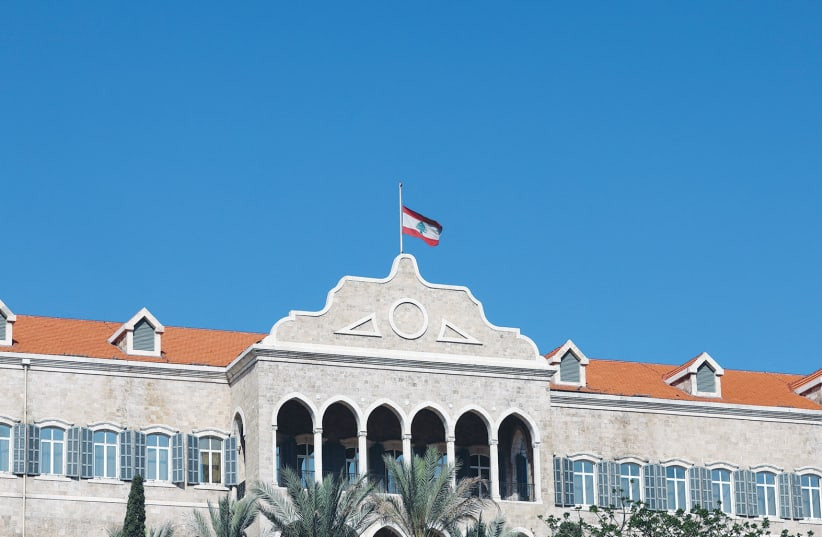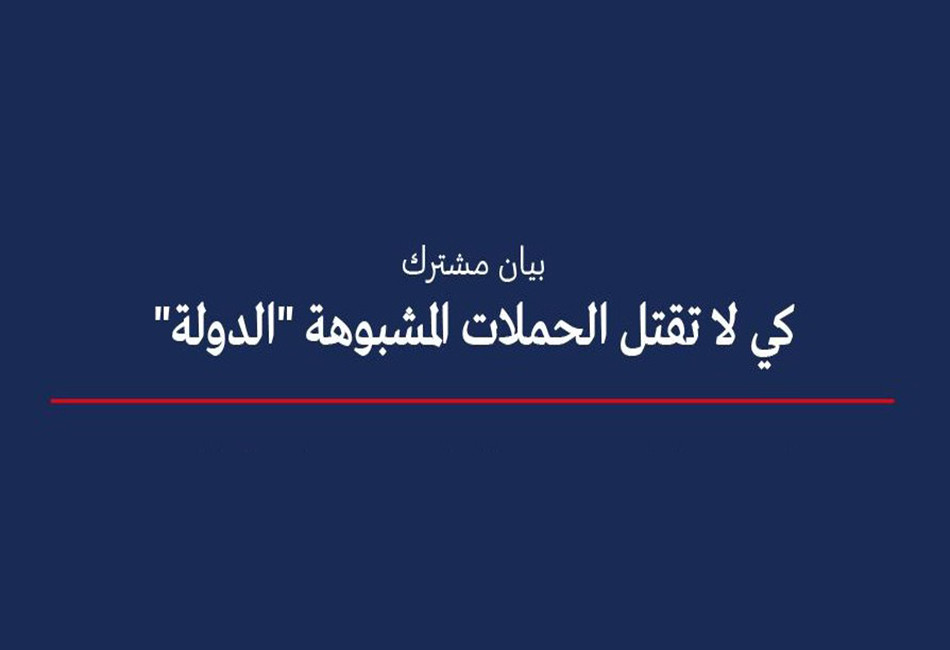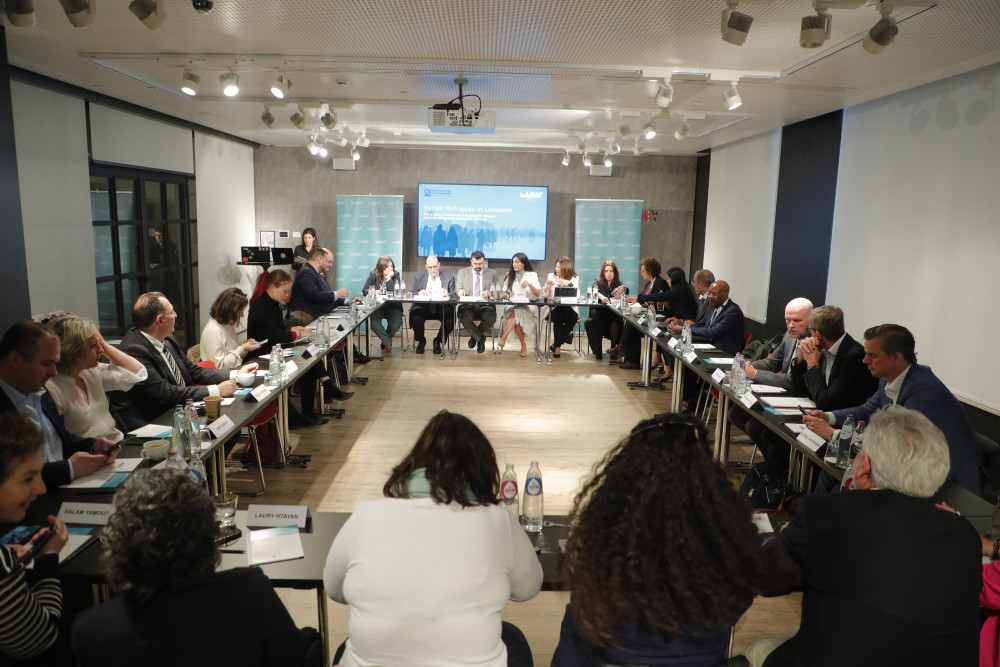Lebanon’s Parliament should immediately open all meetings of parliamentary committees to the public, in response to the uprising of October 17 which has demanded accountability and transparency from elected officials.
Parliament is the heart of the country, taking major decisions that affect everything from fiscal policy to citizen health, security and the economy.
Currently, laws are crafted away from public scrutiny, in parliamentary committees that work in secret.
According to Article 34 of parliament’s bylaws, “Committee sessions, their work, minutes, the facts of discussions and voting are confidential, unless the committee decides otherwise.”
The Lebanese Oil and Gas Initiative (LOGI) is calling for an amendment to the bylaws in order to allow public participation in and oversight of all meetings. This includes publishing the minutes, votes and deliberations and live-streaming the sessions.
Only in special cases, related to matters of national security or sensitive foreign affairs, for example, should meetings be allowed to be secret. It should be an exception, not the rule.
Lebanon can learn from the Tunisian experience. Following the Tunisian Revolution of 2011, parliament undertook serious procedural reforms, including a decision to allow all committee meetings to be live-streamed.
This came in response to the people's demands for accountability.
In Lebanon, MPs have already put forward legislation to amend the bylaws, however the process has been stalled.
Former MP Samer Saadeh previously put forward an amendment to parliament’s bylaws and MP George Okais submitted another near the beginning of his term in parliament. Both laws have never been put up for a vote. Okais told LOGI his bill was rejected straight away.
“It was not sent to parliamentary committees nor was it put up on parliament’s agenda” Okais told LOGI.
Why is this amendment so important? “Today, an MP can say something inside a closed room and then say something completely different to the media - and no-one can oppose them because the meetings are secret,” Okais said.
“The constitution says that the people are the source of power - how can they truly be the source of power if they don’t have access to information and are unaware of how these powers are working?” Okais said.
There is also the need for wider reform, including to parliament’s opaque voting system. Currently, the Parliament Speaker has absolute power in deciding whether a vote has passed or not, with MPs themselves often left wondering if a law has passed or not.
Lawmakers are asked to raise their hands, and the Speaker decides if a law has passed or not. There is no public vote record, making it difficult for constituents to hold their MPs accountable.
“We don’t know who is voting for or against a law, representatives aren’t being held accountable by the public. This is one of the biggest issues with parliament today,” Okais said.
Here, Lebanon can look to the example of the UK’s parliament, where the voting records of all MPs are available online in an easily accessible and user-friendly format.
Changing voting rules in Lebanon may require a constitutional amendment, as the constitution says voting should take place either vocally, or by MPs raising their hands. This requires the vote of two-thirds of parliament.
But it's well worth the effort. If parliament aims to represent the Lebanese people today, it must undertake serious reforms to restore confidence and revitalize participatory democracy in Lebanon.
Read the full "Lebanon Oil and Gas Newsletter" for January 2020, published by Kulluna Irada and The Lebanese Oil and Gas Initiative (LOGI) here.



